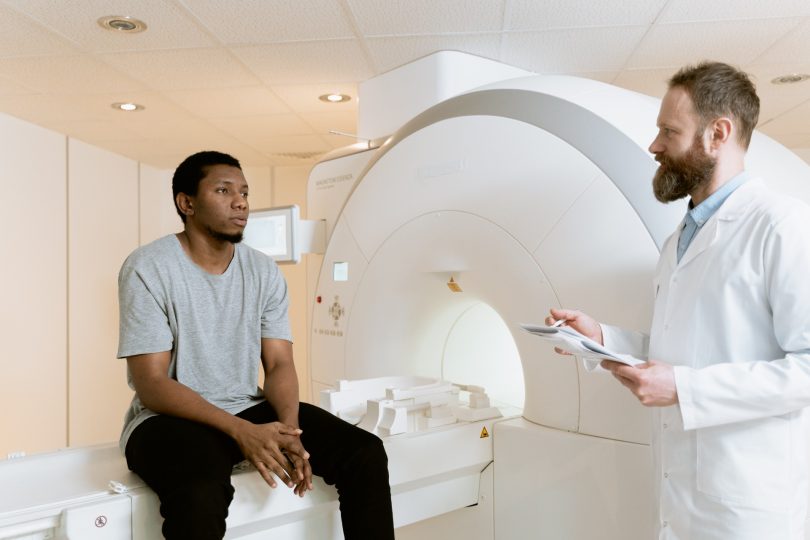Cannabidiol (CBD) is a cannabis-derived cannabinoid molecule that has gained a reputation for alleviating symptoms of inflammation and muscle spasticity, and reducing symptoms of anxiety and depression. This has led researchers to suspect that CBD for multiple sclerosis (MS) may be beneficial. An estimated 2.3 million people world wide suffer from multiple sclerosis [2]. This disease of the central nervous system causes demyelination of neurons which results in symptoms such as pain, muscle spasticity, fatigue, inflammation, and depression.
In rodent models and a few human studies, CBD has shown benefits to symptoms of MS. It’s actions such as regulating T cell activity and inflammatory factors are thought to be particularly beneficial to improving MS symptoms like pain, inflammation, and muscle spasticity [1]. CBD has also demonstrated the potential to alleviate mood-related symptoms like anxiety and depression, which many MS patients suffer from [2].
CBD and another cannabinoid tetrahydrocannabinol (THC) for MS has been recommended in a 1:1 CBD:THC ratio or greater [2]. The 1:1 preparation called “nabiximols” is among the most common used in scientific studies of CBD for MS [1]. Dosage recommendation for non-THC containing CBD for MS has not been fully understood and remains a big issue for clinical recommendation of CBD for MS.
CBD works on the body through the endocannabinoid system and its receptors. This body system regulates functions of the immune system and nervous system. CBD can work in many ways. One of its most relevant modes of action in MS is suppressing inflammatory factors and modulating the way the immune and nervous systems respond. By reducing the release of inflammatory factors, a person may experience less pain and better mobility.
So why aren’t doctors recommending CBD for multiple sclerosis? The answer is mainly that large scale clinical trials in humans are still lacking. Many doctors have begun to recommend medical cannabis or nabiximols for patients. However, without clinical trial data and formal dosage recommendations, some doctors are not yet comfortable recommending CBD for MS. Researchers suspect that using CBD for MS could eliminate or reduce the use of more risky medications like opioids [2]. So, there is much hope for CBD to become a more accepted option for MS patients.
References
1- Furgiuele A, Cosentino M, Ferrari M, Marino F. Immunomodulatory Potential of Cannabidiol in Multiple Sclerosis: a Systematic Review. Journal of Neuroimmune Pharmacology. 2021;16(2):251-269. doi:10.1007/s11481-021-09982-7 Accessed June 20, 2021 from https://link.springer.com/article/10.1007/s11481-021-09982-7
2- Rudroff T, Sosnoff J. Cannabidiol to Improve Mobility in People with Multiple Sclerosis. Frontiers in Neurology. 2018;9. doi:10.3389/fneur.2018.00183 Accessed June 20, 2021 from https://www.frontiersin.org/articles/10.3389/fneur.2018.00183/full
Image: https://www.pexels.com/photo/photo-of-man-sitting-on-a-ct-scanner-7088488/ by MART PRODUCTION from Pexels










